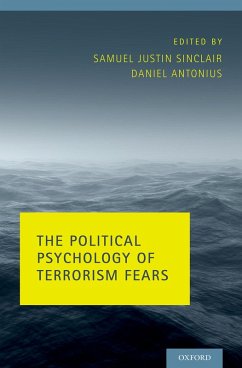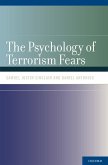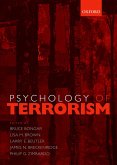The last decade has seen a major shift in how nations prioritize issues of national and international security, with terrorism coming to the fore as one of the most significant threats with which to contend. Building on prior research in this area,
The Political Psychology of Terrorism Fears presents an integrated collection of empirical and theoretical studies that examine how emotional responses to terrorism, and fear specifically, influence political processes. These include not only how people make decisions about specific governmental policies they support, but also who they endorse for political office and why. Given that terrorism and political violence are an international phenomenon, this volume further demonstrates how these dynamics vary as a function of cultural and political context. It highlights how "high trust" societies may in fact buffer against negative emotional responses (e.g., fear), which in turn informs subsequent political processes in ways that are meaningfully different from other societies where baseline trust is not as prevalent. The volume concludes with a series of papers that discuss how western society at large has become a "fear-conditioned" society, which in turn has given rise to a new political and security culture with a vested interest in such fear dynamics. This book also addresses questions regarding how issues of terrorism are operationalized and studied, whether the resulting data are reliable, and the potential effects of this research on the existing political dynamic.
Dieser Download kann aus rechtlichen Gründen nur mit Rechnungsadresse in A, B, BG, CY, CZ, D, DK, EW, E, FIN, F, GR, HR, H, IRL, I, LT, L, LR, M, NL, PL, P, R, S, SLO, SK ausgeliefert werden.









